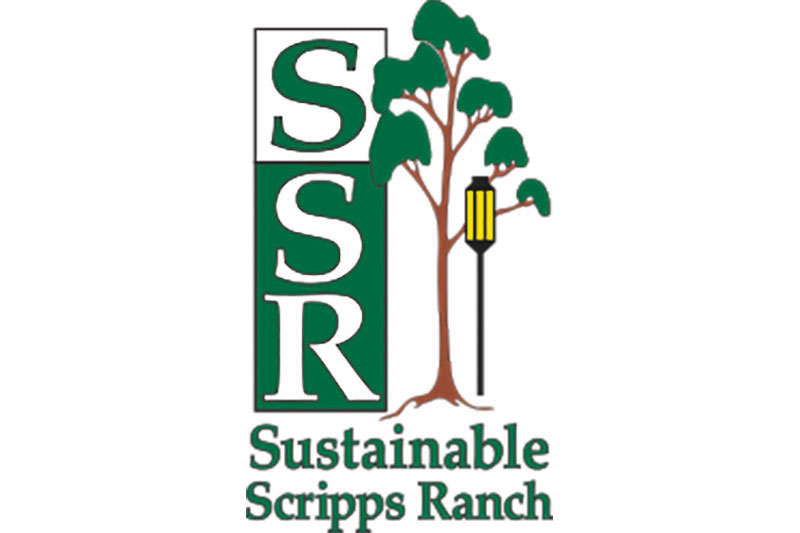
Regenerate and support organic agriculture
By Suha Cheri
A new year is upon us, and it’s time for us to think of regenerating; enliven our lives, inspire our spirit, recharge our tired, frustrated minds, and replenish ourselves and the soil – the earth that sustains us.
Regenerative – this word, which used to be the purview of a very few, has now come into common parlance. That in itself is good news, but there’s more:
As early as 1940s, J.I. Rodale began his research into organic agriculture, in an effort to regenerate the soil, and in turn, our health. The resulting Rodale Institute has led this effort for 75 years. With its research and trials, it has proven that organic performs as well as, and often better than, conventional farming; that nutrient dense organic food can prevent and even reverse disease; partnered with schools and hospitals to grow organic, and trained future farmers. The hope is that over time, this work can not only enrich our poor soils, but even mitigate the effects of climate change.
Since then, farmers in states like California have taken this message to heart. As of 2016, California had the most certified organic farms, with 2,713. Its 1.1 million acres represent 21 percent of all U.S. organic land.
Movements like Kiss the Ground have sprung up to spread the word and help farmers transition to life-giving regenerative agriculture (RA). RA has come to stay, and will perhaps turn the tide.
The USDA is now promoting organics. It is hoped that standards for RA will be agreed upon, and certification will ensue. At present, two nonprofits, ROA and ROC do this certification. The challenge is in educating the public, and removing the myths around organics and eco-farmed produce.
RA, true to its name, replenishes the soil, instead of depleting it, as in chemically supported farming. Some things we can do to ensure its growth:
Get to know the farmers we buy from, and make sure they do not use pesticides and/or chemical fertilizers.
Buy organic when possible, at least for the dirty dozen foods, found here: www.healthline.com/nutrition/dirty-dozen-foods#the-dirty-dozen.
Grow what you can.
If you cannot compost, participate in a local program like Food2Soil.
When we begin to see that everything begins and ends with the soil, we will of course
take care of our mother Earth, as she abundantly cares for us all, whatever and whoever we may be.
Sustainable Scripps Ranch is a standing committee of the Scripps Ranch Civic Association. To learn more about Sustainable Scripps Ranch, visit scrippsranch.org/ssr or email SustainableSR@scrippsranch.org.

